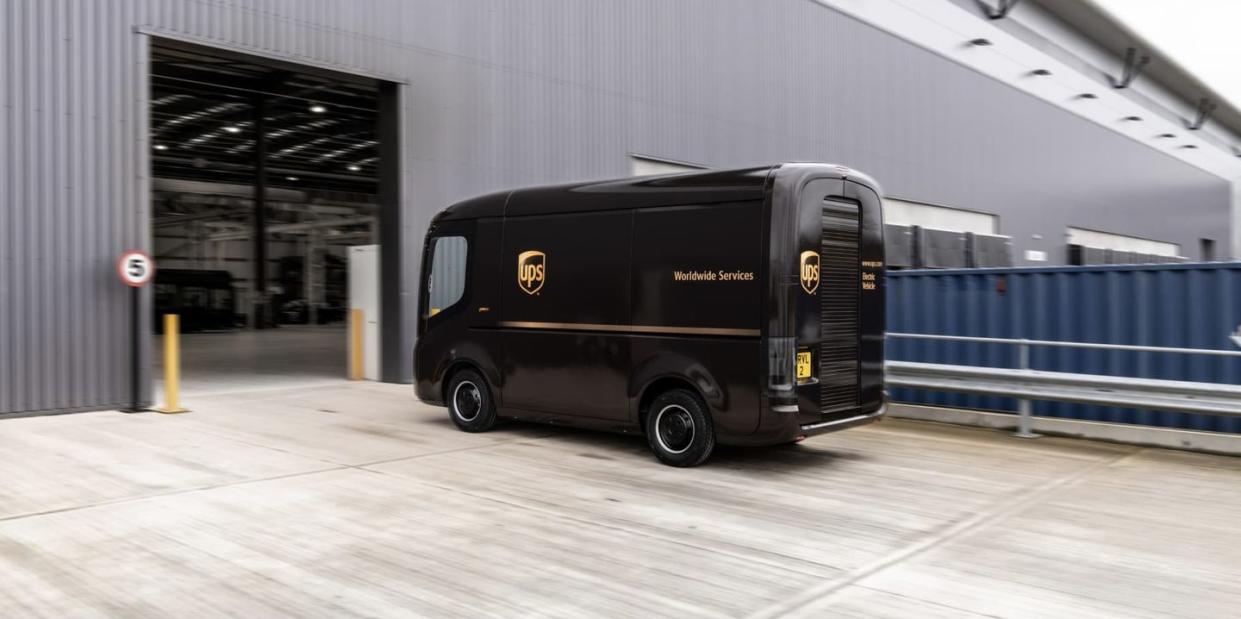Yet Another EV Startup Begins Laying Off Staff to Stay Afloat

EV startup Arrival announces plans to lay off 50% of its staff in order to cut costs, after abruptly focusing on the US market for its planned production and sales.
The company has dropped plans for all models but the electric Van, 10,000 of which have been ordered by UPS.
A number of EV startups are now facing uncertain futures, prompted in part by capital shortfalls, rising costs, and supply challenges in the wake of the pandemic.
Just three months after announcing plans to focus all of its energies on the US market, Arrival is in line for more downsizing after drastically scaling back its vehicle plans earlier in 2022. The company revealed this week that in an effort to reduce costs it plans to lay off 50% of its workforce, and is expected to end up with around 800 employees.
Last year the company dropped plans for its Bus and Car models to focus on the electric Van, planned for UPS fleets and slated to be built in one of Arrival's microfactories. The EV startup had already set up its US headquarters in Charlotte, North Carolina, and announced plans for a second microfactory stateside, after the first one had opened in South Carolina. All the while, the company had maintained a site in Bicester, England, and had advanced quite a bit with plans to produce a large passenger bus, even obtaining certification for the model.
Arrival will soon be a much smaller company, focused entirely on the electric Van—a purpose-built model for logistics companies and other businesses.
This week the company appointed a new CEO, and maintains plans to begin assembly of the Van in South Carolina in 2024, albeit "subject to raising additional capital." But to get there, it is cutting costs and shedding hundreds of employees just a few months after letting go almost all of its UK staff. At the end of 2022, the company still had $205 million in cash.
"When combined with other cost reductions in real estate and third-party spending, the company expects to halve the ongoing cash cost of operating the business to approximately $30 million per quarter," the company noted.
Back in November, Arrival cited the Inflation Reduction Act (IRA), expected to offer between $7500 and $40,000 in tax credits, as a motivating factor in its move stateside.
But even in a more favorable setting from a tax perspective, Arrival still faces many of the same issues including a raft of competitors including BrightDrop and Rivian. Both of those competitors, we should note, have already commenced production of its respective electric vans.
If it feels like a number of EV startups just approaching production are attempting to cut costs by shedding large parts of their workforces, that's because it is indeed a trend at the moment, even for those companies that have already commenced production, including Rivian. Arrival is the latest startup to face mounting pressures as it approaches the start of production stateside, amid mounting skepticism in the tech sector in regards to EV startups.


